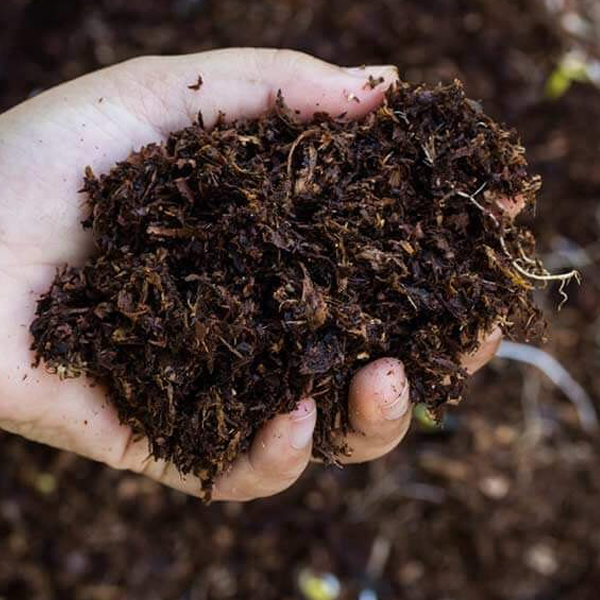
In the pursuit of sustainable and regenerative agriculture, the focus is on compost, often referred to as "green gold" for its transformative effects on both crops and communities. Let us explore the versatile benefits of manure as an organic fertilizer, focusing on its benefits for rice, millet, maize and organic crops as well as its positive consequences for people.
Nutrient-Rich Symphony of Compost:
Compost, the result of nature's alchemy, is a nutrient-rich symphony tailored to the needs of diverse crops. For rice, millet and maize, which are staple foods in many agricultural landscapes, compost provides a well-balanced mix of nitrogen, phosphorus and potassium, which promotes strong plant growth and development. Organic crops, in particular, thrive on the slow release of nutrients from compost, creating an optimal environment for their natural tendencies to flourish.
Increase in soil structure:
The benefits of compost extend below the surface, where the soil structure undergoes a transformative dance. Compost acts as a soil conditioner, promoting aeration, water retention and drainage. This is particularly important for rice fields, where water management is integral, and for millet and maize, which benefit from soil structures favourable for root expansion.
Reduction in environmental impact:
Adoption of manure as organic fertilizer contributes to reducing the environmental impact associated with conventional farming. By reducing the need for synthetic chemicals, compost helps preserve biodiversity, protect water resources, and reduce the impact of agriculture on the broader ecosystem
